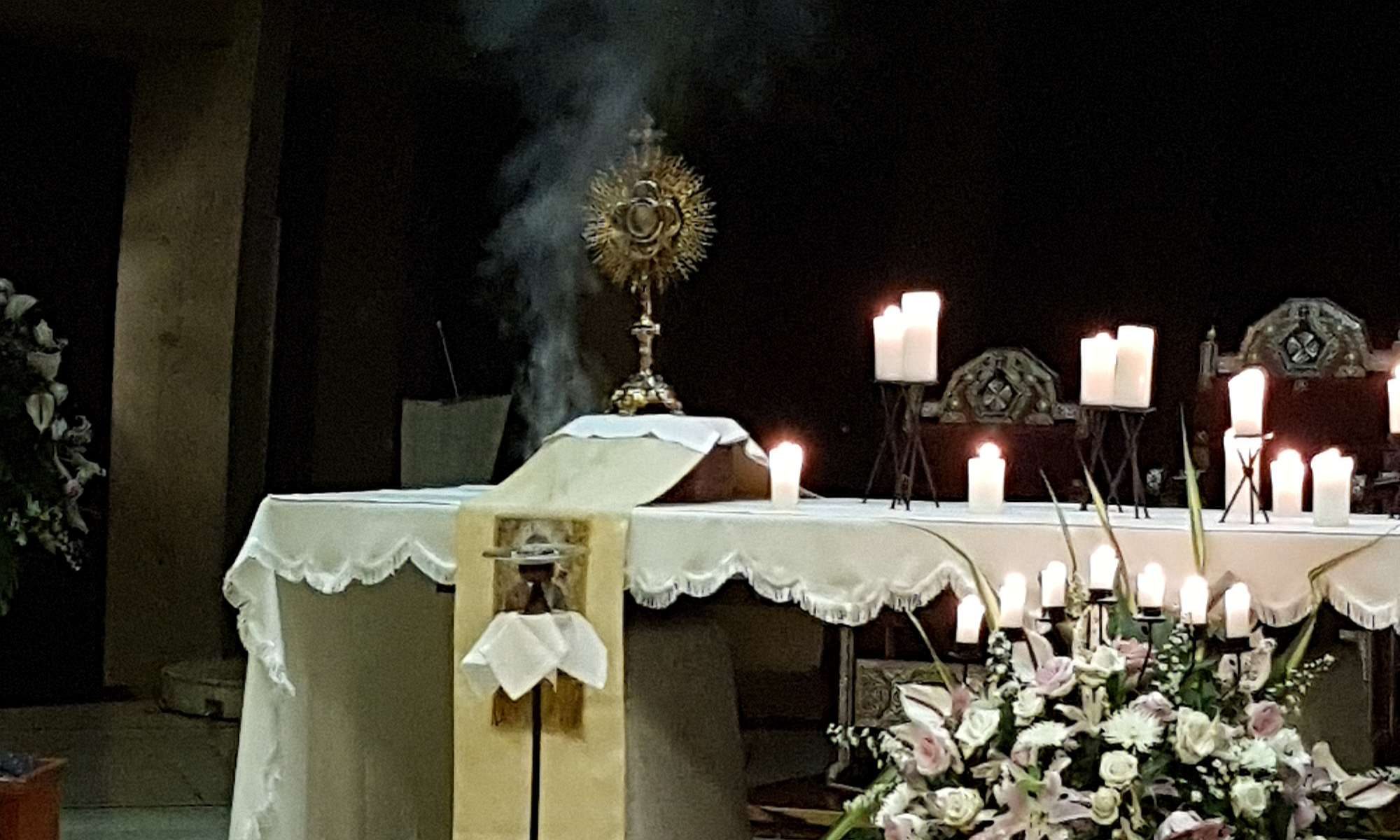 It is quite apparent that the Mother of Jesus suffered immensely at her Son’s trial, torturing and death. What is not so obvious is why we, Catholics, should mark with a special celebration such an ordeal. To start with, the point of reference, of course, will be Christ’s passion, for the Blessed Virgin’s suffering is above all a special sharing in her Son’s torment.
It is quite apparent that the Mother of Jesus suffered immensely at her Son’s trial, torturing and death. What is not so obvious is why we, Catholics, should mark with a special celebration such an ordeal. To start with, the point of reference, of course, will be Christ’s passion, for the Blessed Virgin’s suffering is above all a special sharing in her Son’s torment.
We pay special attention to the Lord’s passion because of all the love that was displayed to and poured down over mankind from the high source of the Cross. It is not pain in itself but the love that made possible to endure such a pain that catches our attention and teaches us so much. Jesus himself assured: “No one has greater love than this, that someone would lay down his life for his friends” (John 15:13). What we are actually beholding on the Cross is that “laying down,” is that “giving himself up” that happens, as if it were, before our eyes, as we contemplate the shedding of each drop of blood, down to the last one. It is love, in its purest form, which is active and acting in Christ’s dolorous dying out.
In a similar way, we are called to discover the Mother’s suffering as a magnificent and truly lasting act of love. Yet a difficulty surges. It could be argued that Mary had no choice, and in that sense she only might do what she did, namely, behold in helpless subjection the actual killing of her beloved Child. One could even ask, if she had no option, on what grounds do we say that there was love involved in such dire circumstances?
For one thing, the same evangelist that tells us of “the greatest love” says also that “Standing by the cross of Jesus was His mother” (John 19:25). This is an image that every Catholic has deeply engraved in his soul: the blessed Virgin standing by the Cross. Now, people speak not only with what they say but also with what they do; and not only with what they do, but also with what they refrain from doing. The silent, mourning, loving image of Mary by the Cross is a poem of love. She blames no one; she menaces no one; she seeks support in no one but God. Is not that the very image of faithful, perfectly mature, utterly sublime love?
It is her dearest, only child who is dying, yet there is no recrimination from her; no reproach, no insults, no cursing, no despair. In her heart there is room for love and nothing else. God has taken over the whole of her life and now she has no plans but God’s plan; she has no will but God’s will; she has no desires but God’s desire, even if that desire implies Christ’s death for our sake and for the redemption from our sins.
Of course, we have so much to celebrate on occasion of this beautiful feast! We have a perfect mirror reflecting perfect love. Is not that a reason for thanking God and praising his powerful mercy, his merciful and unfathomable wisdom?
